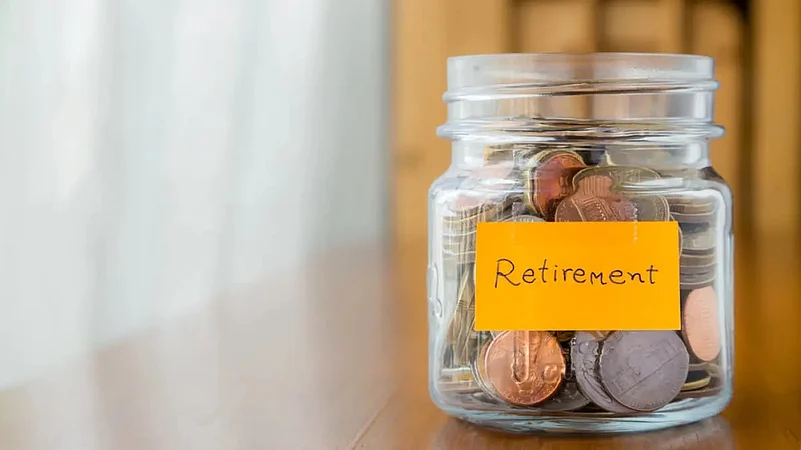Most of us pay a lot of attention to building a retirement corpus—the accumulation stage, but only a few also think about making it last—the spending stage. The latter is often the bigger challenge. Here are a few ways in which one can plan the spending stage as well so that the funds last longer.
Think Before Gifting
It is not uncommon to find elders giving away a chunk of their retirement corpus to children for education or housing needs. Before taking such a decision, remember that doing so could deplete your savings substantially. So, check the size of your retirement corpus and its adequacy before diverting money for some other goal.
Work Out The Numbers
If you find yourself at this stage with a corpus that may be smaller than needed, then start by working out the numbers. There are still some options available to either grow the corpus or make it work more efficiently. Figure out ways to continue saving for later years to fill any gaps. Remember that the last 10 years of your life may still be a decade away and you have that much time on your side. Keep in mind these factors: inflation will reduce your spending power; tax outgo can be reduced; and health insurance will either not be available or will have very high premiums.
Create Buckets For The Corpus
At the initial stages of retirement, you will broadly require a regular income for expenses and an emergency corpus. Post office monthly income schemes, interest from bonds, bank fixed deposits and other debt instruments can be used to provide for the initial stages. For later stages, money can be invested in instruments that have better growth prospects. Pay heed to the importance of saving and ensuring that your retirement kitty grows even in your golden years. Such a strategy is based on your overall portfolio as well as the amount needed every month and during the years later.
Read more about the strategies of building and spending a retirement corpus in Outlook Money’s decisive coverage here: 60 Years The Last Milestone
Have Adequate Health Cover
Review your health cover. Medical complexities tend to crop up as one gets older and medical costs are only increasing. If you did not have your own health cover during your working life because your employer provided you with one, then make health insurance a high priority. If you are in your 80s, then ask your child, who would most probably be employed, to make you a dependent in the health cover provided by his or her employer. Also keep aside some amount for medical emergencies.

Manage The Risks
Your portfolio needs to grow considering inflation and longevity. So, ideally, allocate some part of your portfolio to growth assets such as equity to generate additional returns. Index funds, large-cap funds or balanced funds may be used for this purpose. If some part of the regular income is left, reinvest it. For instance, you could reinvest the returns earned on bank fixed deposits to start a systematic investment plan (SIP).
Apart from inflation, also pay attention to taxation. You will need to pay taxes on pension, capital gains and interest income. However, here too, you can create a strategy. Take advantage of tax deductions under Section 80C of the Income-tax Act. If you have a health cover, take advantage of the tax benefits available on the premium.













